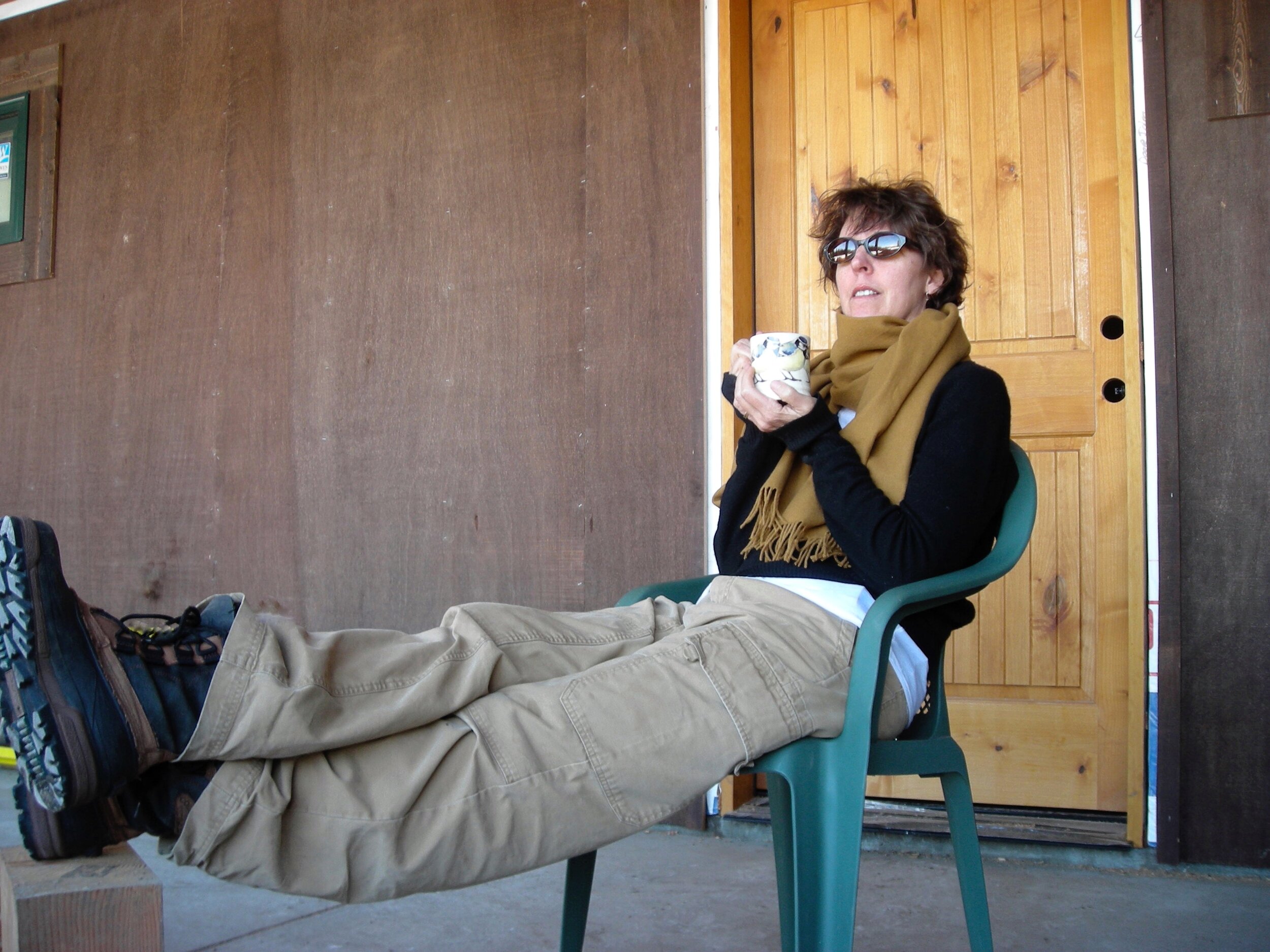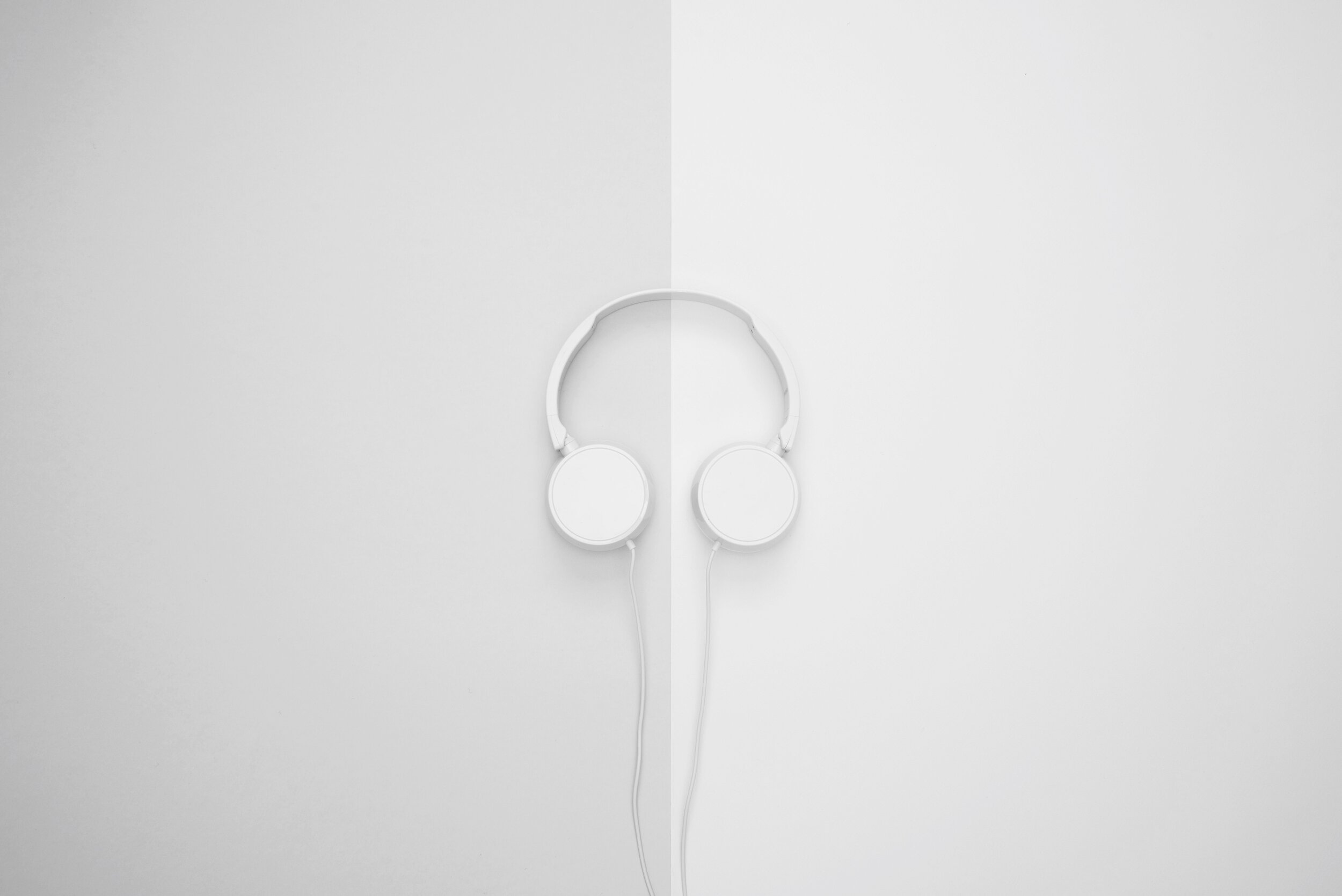Climbing Mount St. Helens is a long slog. A slog worth making, but a slog nonetheless. The first third of the ascent is on forested trail, the second third involves scrambling up and over boulders, and the final third is on scree—a mass of small loose stones that cover the slope. I hate scree. Every step forward involves a slip backwards.
I’ve made the climb several times, and while it’s never been piece-of-cake easy, there was one climb that took the hardest cake. On that particular day, as I made my way up that scree slope, all I could think about was how hard it was, and the more I focused on how hard it was, the harder it got.
This is so hard.
This is so hard.
This is so hard.
It was like I was my own boot camp drill sergeant, determined to humiliate myself into giving up and going home.
Every this-is-so-hard thought was energy wasted. It was going to be hard no matter what. I still needed to keep climbing. Partway up the scree slope from hell I stopped and took stock of my situation. I could see the top, most of our climbing party already there. To make it there myself meant simply taking one step after another, pausing to rest when necessary, and then continuing on. Putting the energy I’d been expending on telling myself how hard it was towards taking another step instead, the going got a little less tough, until finally, I stood on the summit. From there I could look back on where I’d come from, take stock of where I was, and envision what might be possible in the future.
Having just marked a year of the pandemic, this has been an especially difficult week for many of us as we reflect individually and collectively on just what this year has meant, cost, and exposed. In many ways, making it through the year felt a lot like climbing on one long scree slope. Every step forward hard earned, only to be followed by a slip backwards. Simply put, it was a very hard year for everyone, and strikingly so for those hit hardest. Some of those hardest hit were the very people working to make it easier for the rest of us.
While there is hope ahead, and a light glimmering at the end of the pandemic tunnel, it is difficult not to think about, talk about, and rail at just how hard it has been, still is, and will probably be in the future.
Acknowledging the hard is different than dwelling on it.
Acknowledging the hard is necessary and important. It reminds us of the truth that life is rarely easy, and gives us a chance to remember that we are capable of doing hard things.
Dwelling on how hard things are is wasted energy, using up some of the strength and stamina necessary to actually reach the top of whatever mountain we are climbing. To make it there means simply taking one step after another, pausing to rest when necessary, and then continuing on. When we put the energy expended on telling ourselves how hard it is towards taking the next step instead, the going gets a little less tough. Once at the top we will be able to look back on where we’ve come from, take stock of where we are, and begin to envision what might be possible in the future.
Whether in our own homes or out in the world within our reach, there is so much in need of our attention. The work it will take to tend to those needs and to build the better world that we want to believe is possible will be hard. But then, we are capable of doing hard things. Let’s save our energy for actually doing them.
— I offer this post with the acknowledgment of the immense and unearned privilege that has been mine, not just during this past year, but throughout my life. People say we shouldn’t compare our “hard” with that of others, and there is some truth in that. Hard is hard. However, it is also true that there are barriers, burdens, and battles that I have never had to face that others live with every single day—











